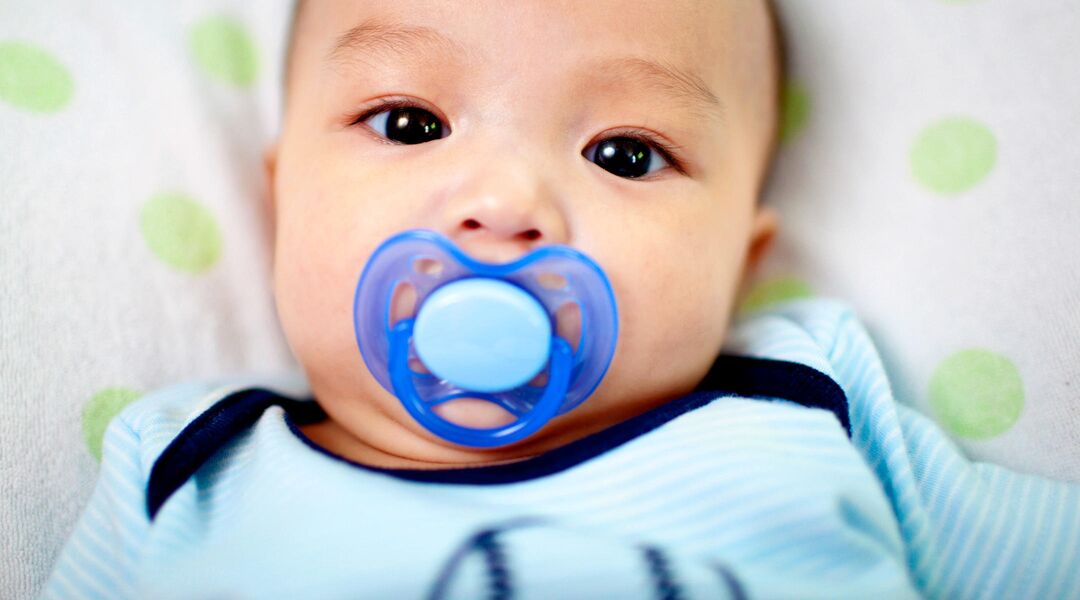Pros and Cons of Using a Pacifier
What are the benefits of using a pacifier?
Using a pacifier, also known as a soother or dummy, can offer several benefits for infants and young children. Some of the benefits include:
- Soothing effect: Pacifiers can help calm and soothe infants, providing them with a sense of comfort and security.
- Reduced crying: Pacifier use has been associated with reduced crying in infants, especially in the first few months of life.
- Help with self-soothing: Pacifiers can help infants learn to self-soothe, which may be beneficial for sleep and settling.
- Pain relief: Pacifiers can be comforting for infants during medical procedures or when they are teething.
- Reduced risk of sudden infant death syndrome (SIDS): Some studies suggest that pacifier use during sleep may reduce the risk of SIDS, although the exact reasons are not clear.
- Nutrition: Pacifiers can help satisfy the sucking reflex in infants who may have a strong need to suck but are not hungry.
- Weaning: Pacifiers can be easier to wean from compared to thumb sucking, which can be a more difficult habit to break.
It’s important to note that while pacifiers can offer benefits, they should be used appropriately and in moderation. Prolonged or excessive pacifier use can have potential drawbacks, such as dental issues or dependency. It’s also important to choose a pacifier that is age-appropriate and meets safety standards.
Can it be detrimental to use a pacifier?
While pacifiers can offer benefits, there are also potential drawbacks and risks associated with their use. Some potential negative effects of pacifier use include:
- Dental problems: Prolonged or improper pacifier use can lead to dental issues, such as misalignment of teeth or jaw development problems.
- Ear infections: There is some evidence to suggest that pacifier use may increase the risk of ear infections, particularly in young children.
- Nipple confusion: Pacifier use in breastfed infants can sometimes lead to nipple confusion, making it more difficult for the infant to latch onto the breast properly.
- Dependency: Prolonged pacifier use can lead to dependency, where the child relies on the pacifier for comfort or soothing.
- Speech development: Excessive pacifier use may potentially impact speech development, although the evidence on this is mixed.
- Hygiene: Pacifiers can harbor bacteria if not cleaned properly, increasing the risk of infections.
It’s important to use pacifiers appropriately and in moderation to minimize these risks. Parents should also consider individual factors such as their child’s age, feeding method, and overall health when deciding whether to use a pacifier. If you have concerns about pacifier use, it’s best to discuss them with your healthcare provider.




